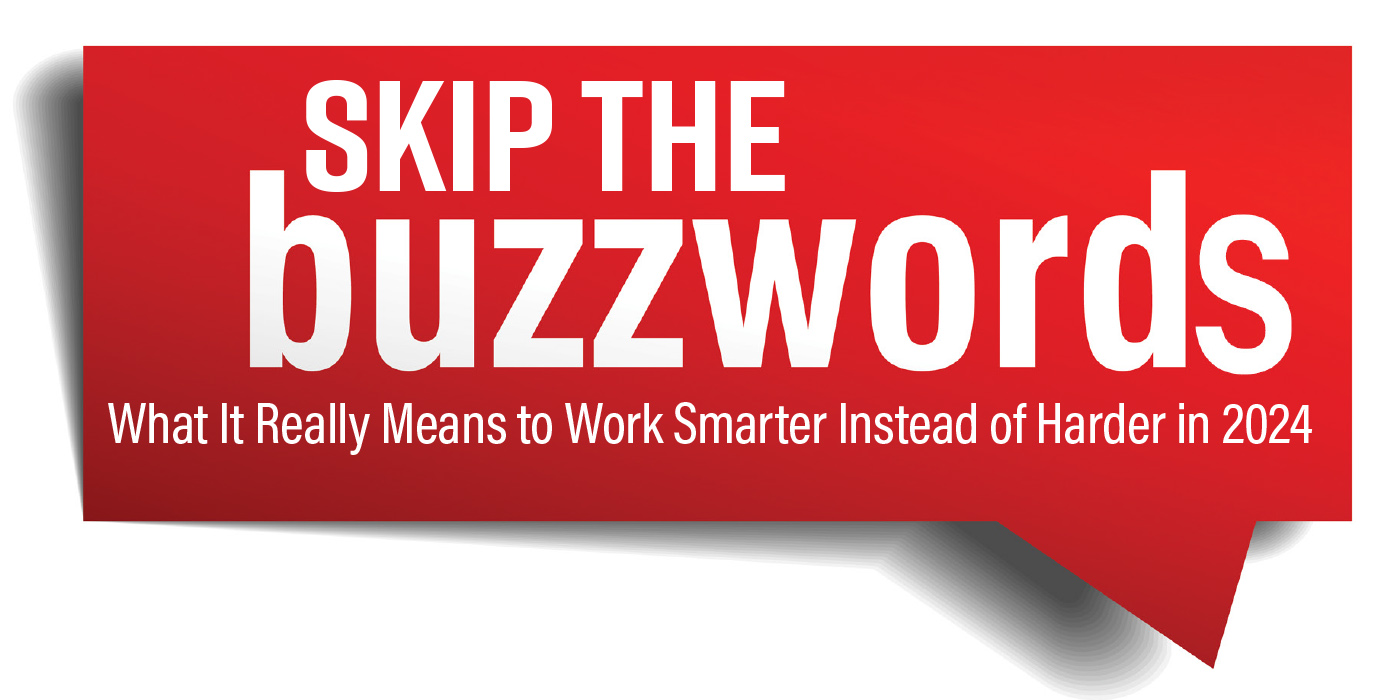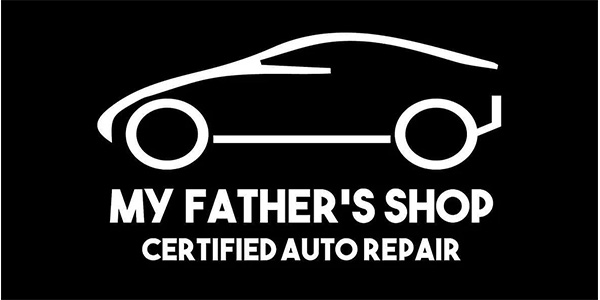
Employment lawyers have many soapboxes. Call it an occupational hazard, but we love to preach about the importance of documentation, extol the benefits of consistency and urge companies to proactively consider and implement clear, practical policies. However, one of our most-loved soapboxes is the importance of training your workforce.
Ensuring that your employees and managers receive training on your policies is just as important as having sound policies in the first place. The best policy in the world will not protect your company if your management doesn’t follow it and your employees don’t know about it. And, training can also be a vital part of your defense if and when one of your employees files suit against you. So, let’s take some time to talk about the “who, what, when and how” of employee training.
Who Should Be Trained?
Everyone in your workplace, of course. Yet not every worker needs to receive the same type of training. For example, every employee should receive training about the company’s prohibition of discrimination, harassment and retaliation. Every employee should know how to make a complaint. However, managers and supervisors should also receive training on how to spot and address employee complaints of harassment and discrimination so that these issues can be handled in accordance with your policies and procedures — preferably before they turn into lawsuits.
Training all levels of management is particularly important because front-line supervisors and managers are often the first to learn of an employee’s complaint and frequently bear the initial responsibility of ensuring that complaint is appropriately handled. For example, if Employee Emily brings a complaint to Manager Mark, Mark needs to know that ignoring the complaint and hoping it magically goes away isn’t a successful strategy. Mark needs to understand that the complaint should be addressed, either by him or someone else, in accordance with your company’s policies and procedures. Training supervisors and managers are also important in defending an employment lawsuit. Plaintiffs’ lawyers almost always ask supervisors whether they have ever had harassment/EEO training, how long ago they had it, how frequently it is given, and who conducted it.
A similar rationale applies to providing separate training to human resources personnel, particularly since they are commonly responsible for handling complex issues like employee accommodation requests and medical leaves of absence. However, the training that a human resources manager needs to be most effective at his or her job will be more specialized than what you provide to other employees. Thus, that training is usually best sought outside your company.
What about temporary employees and independent contractors? If a temporary employee is going to be interacting with the rest of your workforce, it’s a good idea to ensure they understand both their obligations to behave appropriately and their ability to make a complaint, if needed. As to independent contractors, there is a fine line to walk between not treating them as employees and ensuring that they understand the company’s policies on how to behave and how to make a complaint. Typically, independent contractors should not receive a copy of the employee handbook or undergo the traditional employee onboarding process because, well, they are not employees and should not be treated exactly like employees. However, your agreement with an independent contractor should cover your company’s EEO/harassment policy, include the expectation that they not engage in any harassing or discriminatory behaviors and describe the consequences of what will happen if they do.
Further, don’t forget about training high ranking individuals within your company like owners, executives and board members. CEO Carol needs to know, understand and receive training on the company’s policies, spotting issues and making complaints just as much as Janitor Joe.
What Should Be Covered in Training?
Essential employee training should include topics like harassment, discrimination and safety. Employees should not only understand their role in creating a safe work environment that is free from harassment and discrimination, they should also know whom to contact and how to make a complaint if they believe that something is wrong. Because an employee’s supervisor may be the alleged harasser, it is helpful if you can provide your employees with multiple avenues for making a complaint. For example, if Employee Everett is being sexually harassed by his Supervisor Sarah, then Everett should know that he can report Sarah’s harassment to human resources or the owner. And as the continuing prevalence of the #MeToo movement cannot be understated, you should specifically address sexual harassment in your training.
How and When Should Training Happen?
Early and often. Training on your company’s policies and procedures needs to be more than a one-time event that happens during the initial onboarding process. When defending an employment lawsuit, it is not ideal if Manager Mark testifies that he hasn’t been trained on the company’s anti-harassment and discrimination policies since he was initially hired 20 years ago. The best practice is to ensure every employee is trained regularly — preferably every year. Additionally, make sure your training meets any applicable state or local laws or ordinances, which can vary widely.
Further, structure your training program around the needs of your specific workforce. Think about the timing, format and method of training. For example, retail companies tend to experience high turnover as an industry. Thus, if you were to provide training only once a year to whomever happened to be employed at that time, then you would be likely to miss a significant segment of your workforce. Although interactive computer-based training can be a good tool for employers whose employees work at multiple remote locations, it is much less effective if your workforce does not have access to or regularly use computers. The ideal is an in-person, interactive training session, in which the training uses plain language (and the language which the employees speak), real-life scenarios and an opportunity to ask questions.
In Conclusion
As employment lawyers, one of our favorite mantras is, “The best defense is a good offense.” A good offense is not limited to having sound policies in place, but also training your workforce to follow those policies on a daily basis.
This column is made available by the attorney and publisher for educational purposes only, to give you general information and a general understanding of the law, not to provide specific legal advice or to establish an attorney-client relationship. This column should not be used as a substitute for competent legal advice from a licensed professional attorney in your state.
Susan Bassford Wilson and Katie Rhoten are attorneys with the nationwide employment law firm of Constangy, Brooks, Smith & Prophete, LLP. Susan can be reached at [email protected] or on Twitter at @bassfordwilson.
Article courtesy TIRE REVIEW.











